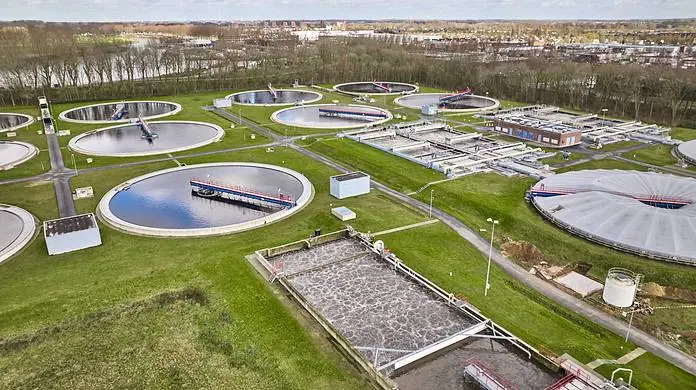HUMAN activity is substantially increasing carbon levels. NASA’s regular Carbon Dioxide measurements show an alarmingly upward trajectory. Its researchers estimate that modern civilisation has elevated atmospheric carbon levels by 50%, slowly raising average global temperatures. Even marginal shifts in that benchmark have already led to disastrous results, such as large forest fires, prolonged droughts, excessive rainfall, and aggressive heatwaves.
Rising carbon levels create tumultuous ripples in our planet’s complex weather ecosystem, hurting communities—especially in Africa.
The problem has many aspects, such as Africa’s massive reliance on combustible fuels and oil economies, or reluctance to fund African decarbonisation. But one area deserves more attention: water.
Water is climate change’s canary. Excessive rainfall and prolonged droughts relate to changes in water systems. Civilisations primarily rise around water, so changing water behaviour is a bellwether for sustaining the modern world.
Water also offers opportunities to tackle carbon generation and usher nations closer to Net Zero status, negating the greenhouse gases they produce. Xylem consulted international experts to design a strategy that will help public water utilities and large water consumers adapt their systems to reduce carbon generation. The strategy, Net Zero: The Race We All
Win, is a four-step approach: Set realistic targets, optimise existing assets, prioritise capital planning, and plan for the future.
Public utilities often have stockpiles of data—modern data analytics tools are helping them use that information for future planning. We can set realistic data-backed targets to incrementally make appropriate adjustments for a given site. For example, Chile’s Aguas Andinas is using data-backed planning to significantly reduce its carbon output by 2030 through renewable energy.
Asset optimisation is also crucial. Utility sites must last for decades, and sweat their pumps, pipes, mixers, bioreactors, and oxidisers. However, strategically modernising those systems delivers dramatic energy efficiency and carbon reduction improvements.
Numerous utilities are using net zero plans to cut energy and maintenance costs.
Water can help African communities reach Net Zero status. It offers many quick wins and long-term victories to ensure we look after our planet and future.
For more information: https://www.xylem.com/en-za/















